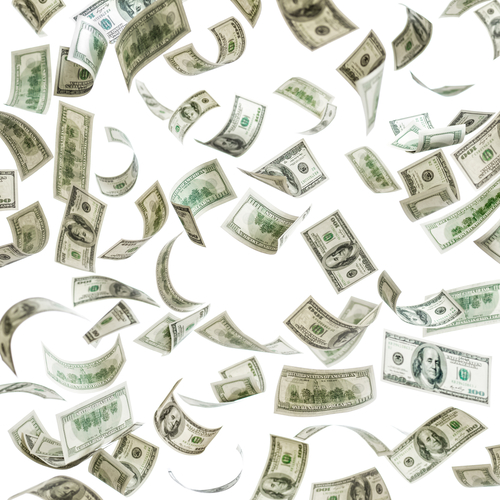I consider activity on Google+ important for business owners. The real SEO and search benefits are however not achieved by updating your Google+ Business page, but rather your Google+ personal page. So, how can you connect with others to start building your Google+ empire and improved rankings for your company…
-
-
Guest Blogging for Links
What does Google (Matt Cutts) think about guest blogging and the links that are generated from doing it? This excellent video answers the question. http://www.youtube.com/watch?feature=player_embedded&v=IMxC3wQZOyc This is the bottom line. If you did not sweat in creating the guest blog post Google will typically not give you link juice for…
-
Penguin 2.0 Shakedown In Progress
Google just rolled out their newest algorithm update this past week and already I am hearing from colleagues that they are seeing their sites drop. Rollout finished on May 22nd with Matt Cutts from Google announcing the update in process on his Twitter account last Wednesday. Additionally Cutts asks for…
-
Why Google Algorithm Updates Get Names and Numbers
If you’ve been around for a while you’ve heard of infamous Google algorithm updates. One I can remember clearly was the Florida update – that was one of the very first that got webmasters to notice what Google was doing to the SERPs. In recent memory there are Panda and Penguin. Several other big…






